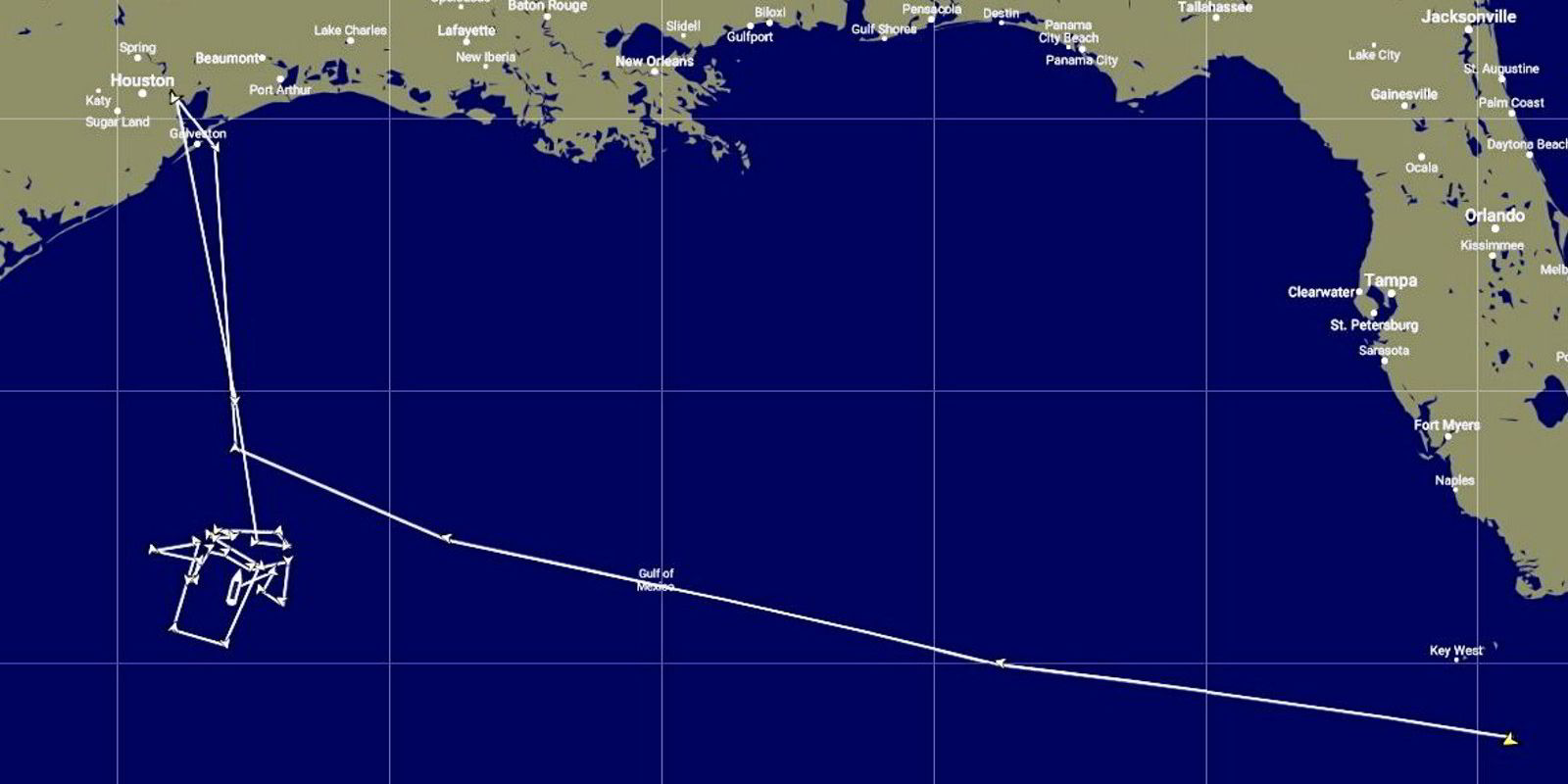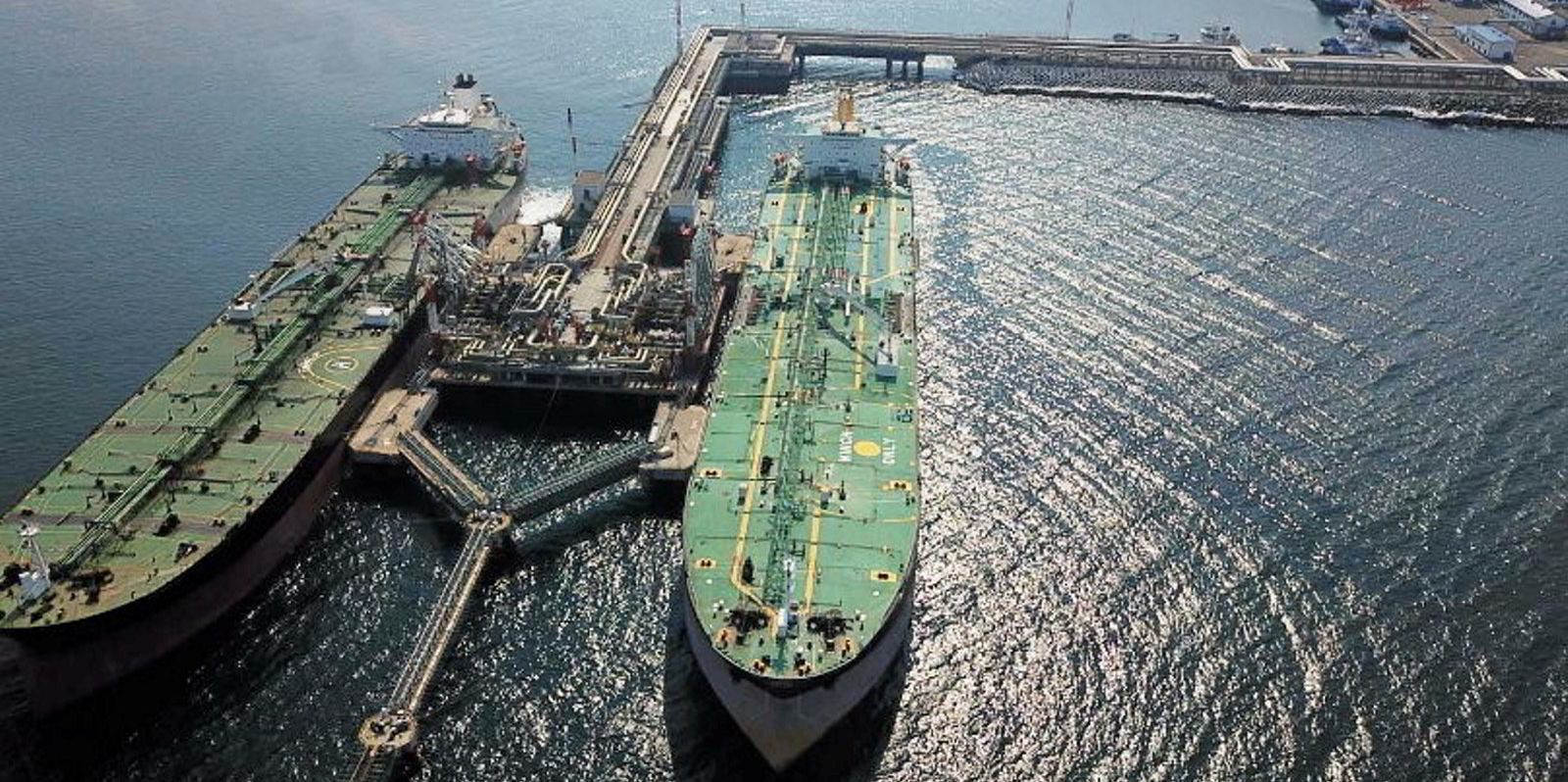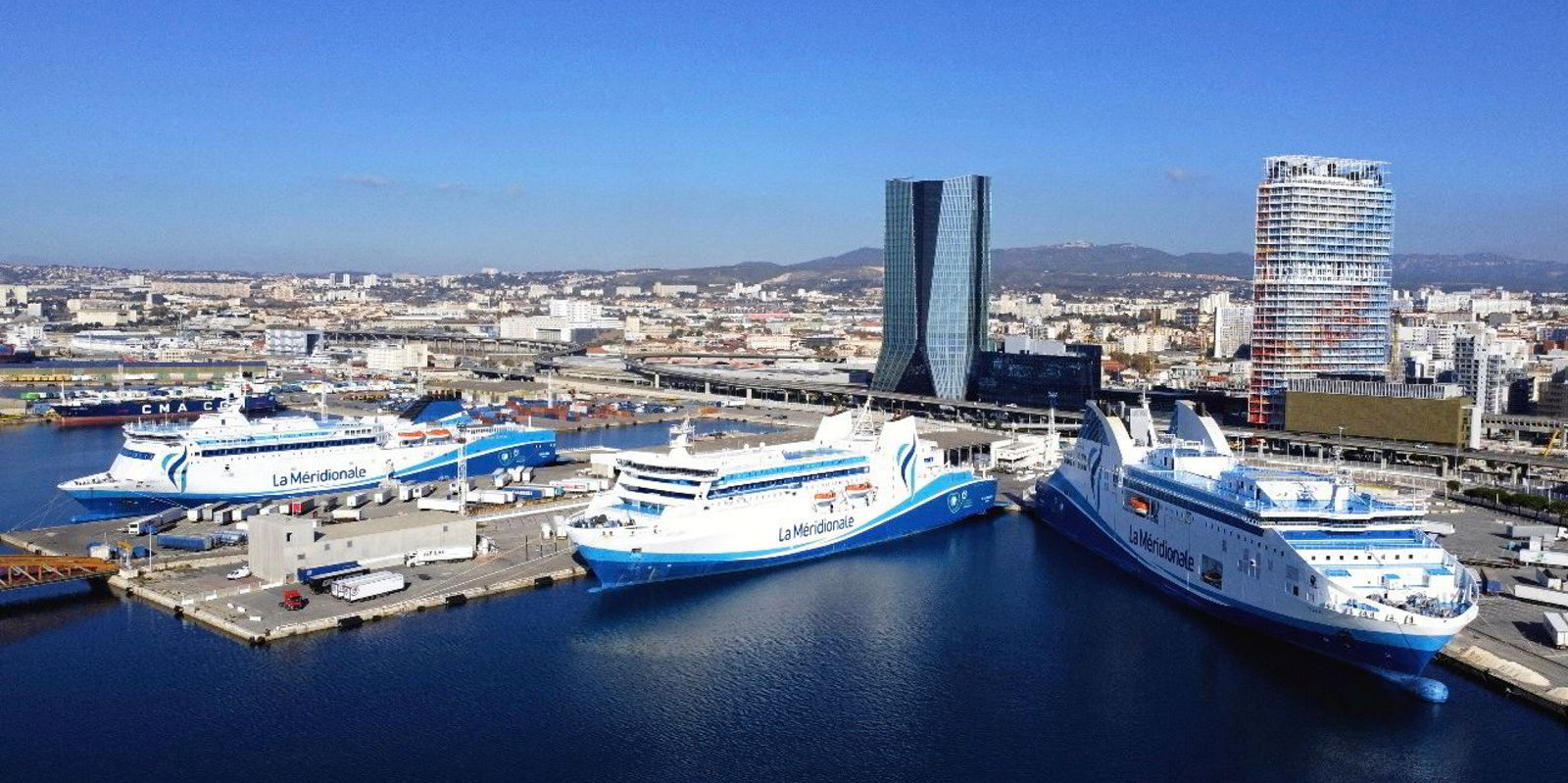I am not a lawyer, and I have certainly never played one on television, but it does not take a juris doctor to see that the US will expect more than a document saying, “Yep, I abided by the price cap”, to ensure compliance with its sanctions on Russia.
That was in stark relief this week as the US Department of the Treasury’s Office of Foreign Asset Control reportedly sent out letters to a swathe of tanker industry companies seeking information on Russian oil shipments.
While one lawyer referred to the move as a shot across the bow, the first salvo may have been fired a month earlier, when it issued best practices for abiding by the sanctions, which allow carrying Russian crude and oil products as long as it stays below a ceiling set to ensure Russia does not profit from its invasion of Ukraine.
That came more than a year after prior guidance from the Treasury Department explaining that the type of information that companies in Russian oil trades should expect to retain is tiered based on how much information they have access to.
Tier 3 companies, such as insurers, have to ensure they receive an “attestation” stating that the oil carried was purchased in compliance with the price cap.
Tier 2 companies, which include shipping organisations and trade financiers because they may have more access to price information, need price information from a Tier 1 player such as a refiner or trader. If that is not practicable, the shipping company can also turn to an attestation.
But even then, that may not be enough.
In the 12 October Treasury Department document, which contained guidelines from the US and its allies that agreed to the price cap rules, there are a variety of due diligence steps that stakeholders in the maritime trade of crude and oil products should carry out.
“Recent developments in the maritime oil trade, described below, expose industry stakeholders to increased safety, environmental, economic, reputational, financial, logistical and legal risks,” the document published on the Ofac website states, pointing to a growing “shadow fleet” and declining transparency in the maritime oil trade.
It could hardly be coincidental that the Treasury Department issued the guidelines on the same day that it blacklisted two tankers for alleged violations of the price cap rules, and the consequences of Ofac’s scrutiny are visible.
One of them was the 116,000-dwt Yasa Golden Bosphorus (built 2007), which is controlled by Yasa Holding subsidiary Yasa Shipping — one of Turkey’s largest shipowners.
Yasa Holdings principal Emirhan Sabanci told TradeWinds the same day that his company’s vessel was wrongly targeted.

He said that when the Yasa Golden Bosphorus carried out its Russian voyage, the company had attestations from charterers stating that the oil price was below the cap, as required by the sanctions. It also had approval from the ship’s protection and indemnity insurer, as well as the provider of its hull and machinery cover.
The ship, which was on charter to US energy giant ExxonMobil at the time, delivered its cargo in Texas a few days later and has been lingering in the Gulf of Mexico ever since, according to satellite tracking data from VesselsValue.
Some of the October guidelines are not new, such as recommending “appropriately capitalised” P&I insurance.
The document states that ships should receive classification from a member of the International Association of Classification Societies.
But authorities also expect industry stakeholders to “vigilantly monitor” AIS tracking data of the vessels they are involved with. They even call for the use of another technology — long-range identification and tracking — on top of that.
Maritime stakeholders should also monitor ship-to-ship transfers, and they should watch for signs of inflation of costs to mask oil price cap violations.
Finally, see something, say something. Industry participants should report ships that trigger concerns, Ofac said in the document.
US enforcement of the price cap has been light so far, and it is not clear whether its recent letter-writing campaign is a warning or a precursor to enforcement, or even whether authorities could prove a case of a price cap breach.
But the ordeal of the 159,000-dwt tanker Suez Rajan (built 2011), which was tied up in legal wrangling for more than a year before Empire Navigation pleaded guilty to charges related to an STS transfer of Iranian oil, shows the long arm of US law in cases when it can.






